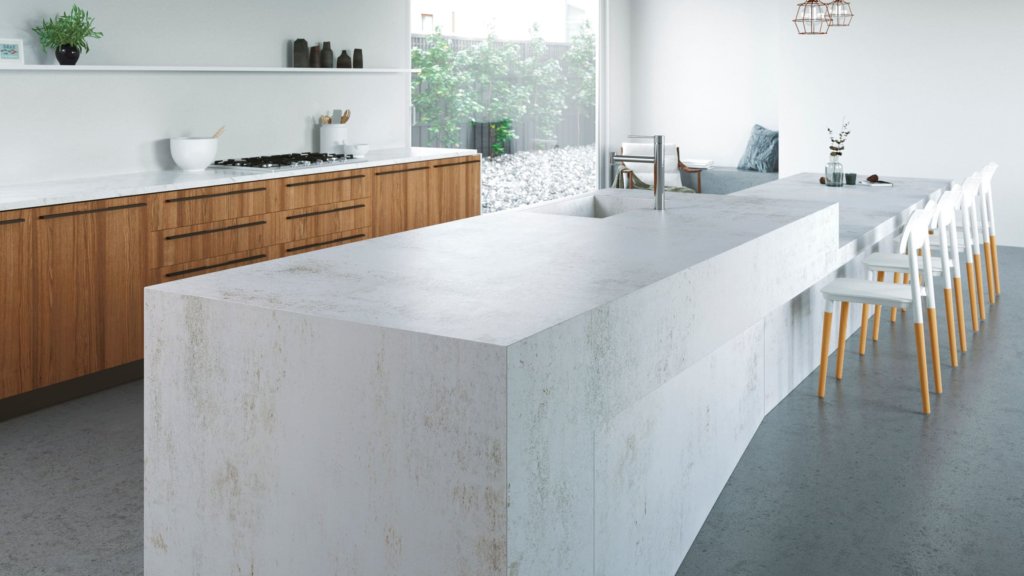Global Kitchens Study by the Silestone Institute reveals that UK households are leading the way
The global leader in the production and distribution of surfaces for the world of architecture and design, the Cosentino Group, has announced the results of its latest study into the use of the kitchen worldwide. Cosentino’s insights platform, the Silestone Institute, has researched and produced its second Global Kitchens study called ‘The Domestic Kitchen in the Globalisation Era’.

Collaborating with 23 eminent experts on all-things kitchens – chefs, architects, interior designers, nutritionists, sociologists, food historians and influencers – the study focusses on the role of the kitchen in today’s 21st century society. The report also includes consumer opinions from eight countries, each with its own vibrant, distinct kitchen and dining culture – the UK, United States, UAE, Spain, Singapore, Italy, Canada and Australia. The study centres around the idea that, as the heart of the home, the kitchen is the one interior space that truly represents the social changes taking place worldwide.

Some of the key experts who were interviewed for the survey include chef José Andrés, architect Laura Domínguez, food historian Amy Bentley and interior designer Megan Pflug.

Key findings include:
∙ The kitchen offers the opportunity to contribute to sustainability and the UK leads the way with 72.2% of respondents (above a global average of 52%) taking their own bags when shopping and prioritising products with less packaging.

∙ Confirming that the kitchen is truly a multi-functional space at the heart of the home, the study reveals that the UK has the highest number of participants who use their kitchen for other activities other than cooking and eating – 34.3% (above a global average of 17.4%).

∙ The UK is above the global average when it comes to reducing the consumption of processed foods, with 45.5% (above the average of 41.4%). We are more aware than ever of where our food comes from and this has a huge influence on how and what we cook.

∙ Keeping up with the trend for a smart home, 54.7% of respondents worldwide already use their smartphones to interact with or control household devices such as TVs (16.1%), alarms and security systems (14.8%), heating (8.4%), home appliances (7.9%) and lights (7.5%).
∙ When it comes to planning a new kitchen, 62.5% prioritise functionality and making the most of the space over design, quality and savings.
∙ Social media is enabling us to discover new dishes and recipes from other cultures more than ever before and for 20.9% of global respondents, it’s the main reason why they engage with it. While for 16.3%, it’s their main method of finding out about exciting new restaurants.

These findings and more have provided many answers to the question, what impact does the kitchen’s new central role have on the implementation of new global trends at home? In conclusion, the study has found that the kitchen is regaining its central role in the home around the world and is revolutionising all other common rooms; kitchens don’t necessarily look like kitchens anymore, as the trend for a more comfortable space takes shape; social networks take the lead over home automation and smart devices and this in turn is leading to the demise of recipes and cooking tips being handed down in person from generation to generation, as we look to the online world to inform and engage with instead. This is more common in European countries and is certainly something that could be addressed in order to maintain cooking and recipe traditions within families. The UK is certainly ahead in terms of eating a healthy diet and being conscious of how we shop, reducing plastic waste and utilising the kitchen space for a variety of tasks and activities within the home, reflected by the rise of open and broken plan kitchen design that is currently popular here in the UK.








Leave a comment